
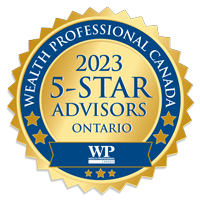
Jump to winners | Jump to methodology
Canada’s most populous province has a fine cohort of wealth advisors, with the best recognized in Wealth Professional’s 5‑Star Advisors – Ontario awards. They were ranked across the criteria listed below, which were analyzed by Lindsey Tropea, wealth and asset management consulting executive at EY Canada:
Communication: “key to building trust in relationships especially in market volatility”
Portfolio performance: “a critical piece in [clients’] determination of when they select a wealth advisor”
Product knowledge: “being able to provide the right guidance and advice, and being able to provide perspectives”
Client trust: “I believe the three other components are all an element of client trust; it is ultimately what will drive clients to stay with advisors”
Customer service
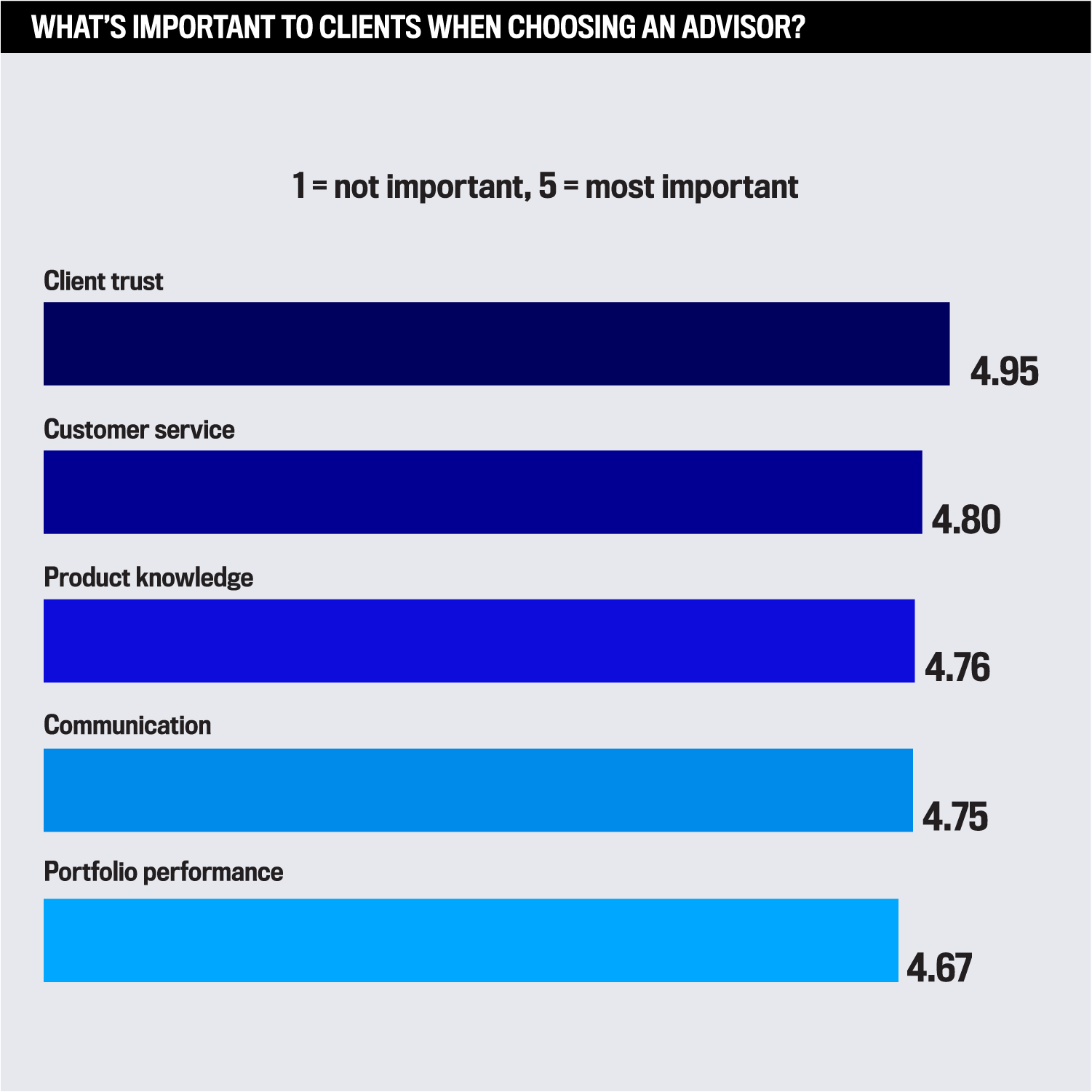
Christopher Dewdney, principal at Dewdney&Co., is a prime example of meeting the above criteria.
“Christopher provides his clients with a holistic, white-glove service, no matter their account size or insurance premium,” according to one of his clients. To further distinguish himself, Dewdney:
incorporates pro bono work into his practice
participates in community outreach
“Overall, these practices demonstrate my commitment to giving back to the community, providing representation to underrepresented groups, and offering valuable financial advice to a broader range of clients,” he explains. “By standing out from my peers in these ways, I am able to differentiate myself as a financial advisor who values diversity, inclusivity, and community engagement.”
Fellow winner, Dillon Garabedian, senior investment advisor for iA Private Wealth, also goes out of his way to meet clients’ needs.


“He provides regular communication of portfolio performance and how I am tracking towards retirement,” says one. “He forecasts risks and advises on portfolio changes ahead of time. We have forged a friendship with a high level of trust.”
Garabedian has earned stellar recognition by:
maintaining an accountant as his business partner
ensuring excellence by not handing clients off to junior associates
pursuing licensing in the United States
“These are 25-year relationships,” he explains. “We’re hoping to take their kids on for 25 years. Just a referral from an existing client to me is much, much better than a new client. So, you’re not going to get passed on. We always hear, ‘The minute you are below $200,000, you’re going to get a junior.’ And that’s not acceptable.”
In EY’s 2023 Global Wealth Research Report, 46% of respondents say investment performance matters most when selecting a wealth manager and nearly half of all wealth management clients worldwide (44%) plan to change their provider relationships over the next three years .
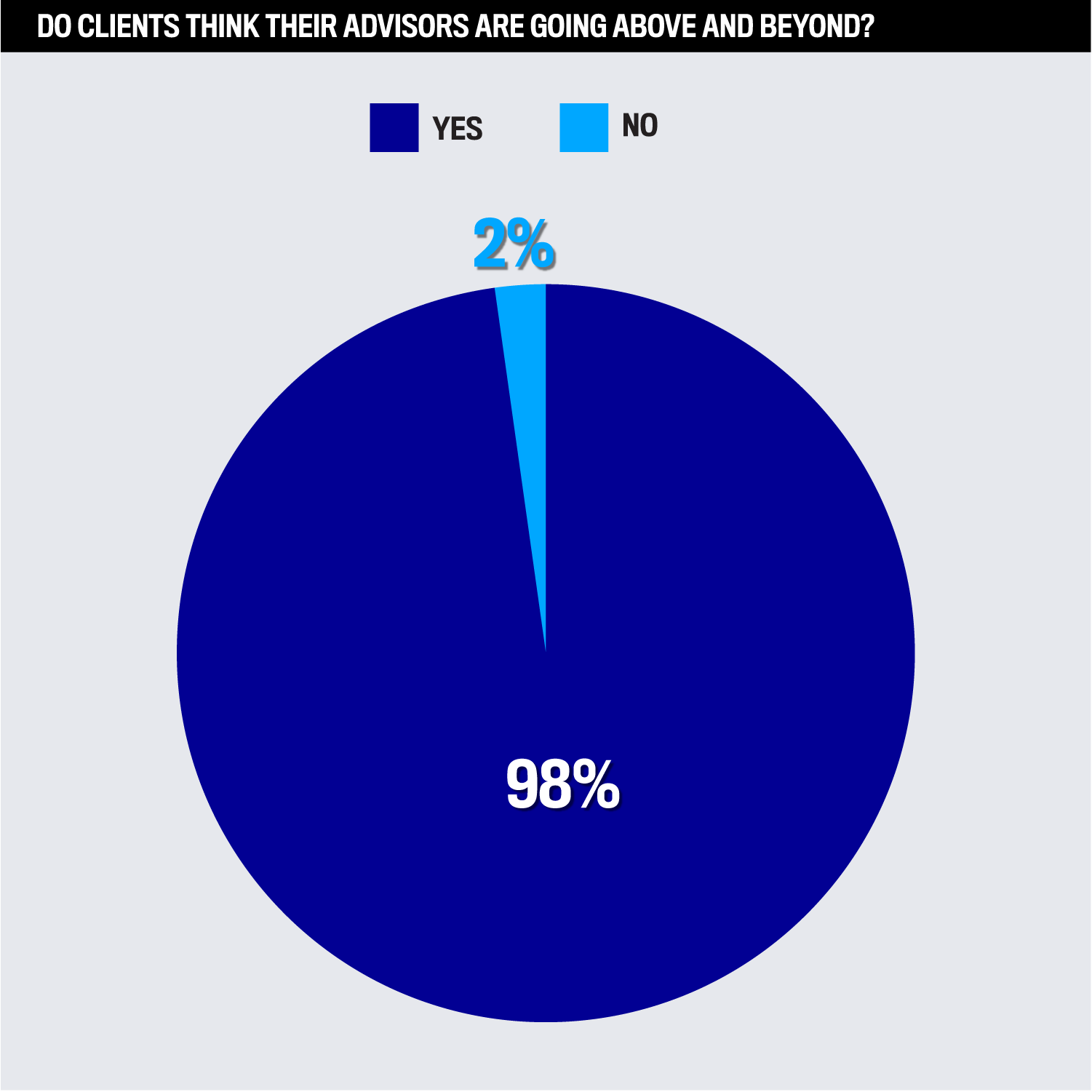
In EY’s 2023 Global Wealth Research Report, 46% of respondents say investment performance matters most when selecting a wealth manager and nearly half of all wealth management clients worldwide (44%) plan to change their provider relationships over the next three years.
Over the past year, Dewdney has succeeded in growing and scaling his business.
“In order to accommodate a growing client base and expand my business, I have added more administrative staff and associate advisors to my team over the last year,” he says. “While this has been a necessary step to support the growth of my practice, it has also introduced new logistical and managerial challenges that I must address in order to continue scaling my business effectively.”
To tackle these challenges, Dewdney has:
consulted those who have done this before and been successful
engaged in coaching and mentorship
developed a strategic plan
built a strong team
leveraged technology
Ultimately, his work has paid off in a variety of metrics:
AUM has doubled over the last three years (organically and through acquisition).
Revenue growth remains robust.
Client retention rate is over 90%.
Referral rate is healthy.
Client satisfaction is above 90%.
Garabedian has created his own solutions to the challenges faced by those he advises.
“It’s been about finding time to deal with our clients,” he says, “but also putting together new plans, fixing asset allocations, transitioning clients from commission-based to fee-based, and making sure that it makes sense to many of them.
“But the way we overcame it is we created a kind of road map for clients. It was reliable, repeatable, overall transparent, and it basically showed the importance of planning why we’re doing these things. There’s no extra cost for it.”


Garabedian underscores the trend toward greater transparency in the market over the past 10 years.
“The wealth management industry in general has been looking for more transparency, which you see with more accountability and putting together plans and having to be more holistic,” he says. “The days of transacting and just dealing with your clients’ investments? That’s gone by the wayside in my opinion.”
And he details how he has reacted to the trend.
“Our main objective is to work with clients, accountants, and their lawyers. The majority of the time we have all three of them in the same room talking through the plan, making sure that everything works together. We can go through everything and realistically give you a full financial picture without them having to run to each different professional.”
Dewdney also notes a similar development.
“The rise of misinformation and disinformation in the digital age is also affecting the wealth management sector,” he adds. “Investors are increasingly exposed to false or misleading information online, which can impact their decision-making and lead to poor investment outcomes. Advisors and planners must be aware of this trend and work to educate their clients on the importance of verifying sources and conducting due diligence before making investment decisions.”
According to Dewdney, he and other advisors are making other adjustments such as:
shifting to digital services to account for remote working situations and thus accelerating the adoption of technologies such as video conferencing, digital signatures, and online portals
adapting to greater market volatility as investors reacted to uncertainty and disruptions, which created both challenges and opportunities for wealth advisors
highlighting the importance of risk management and diversification
underscoring the importance of financial planning and preparedness
“Overall,” Dewdney says, “the pandemic has accelerated existing trends and introduced new challenges for the wealth management sector in Ontario, but it has also created opportunities for firms to innovate and adapt to changing market conditions.”
The need to innovate to deliver for clients is also stressed by Garabedian: “Everyone’s concerned about the price of goods, things like that,” he adds. “Clients are starting to get a little bit more creative when it comes to how they live their lifestyles and what’s important to them. You'll see that go through cycles, but more or less, I really think it’s top of mind.”
In conclusion, Dewdney backs the decision by the Ontario government to protect the titles of financial planners and advisors.
He says, “Under the new rules, individuals who provide financial planning or advice must hold certain credentials in order to use specific titles like ‘financial planner’ or ‘financial advisor.’ This is designed to enhance consumer protection and ensure that individuals who seek out professional financial advice receive services from qualified practitioners.”
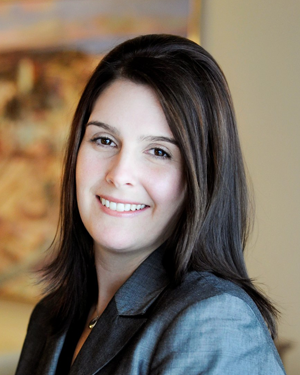
Wealth Professional conducted its second annual search for 5‑Star Advisors in Canada. Our goal was to answer one question: Who are the best advisors in Ontario when it comes to acting in their clients’ interests? From a diverse cross-section of financial professionals, we got the opportunity to spotlight remarkable examples of passion, dedication, and commitment.
From January 23 to February 17, the WP team undertook a rigorous marketing and survey process, leveraging its connections to thousands of advisors across the country. Investors were asked to nominate their advisors and rate them on five key criteria: communication, portfolio performance, product knowledge, client trust, and customer service.
The most voted-for advisors that received an average score of 4 or higher were named 5-Star Advisors, recognized not on the basis of AUM but rather the service provided to their clients.
The 5-Star Advisors report is proudly supported by the Canadian Association of Alternative Strategies & Assets (CAASA).
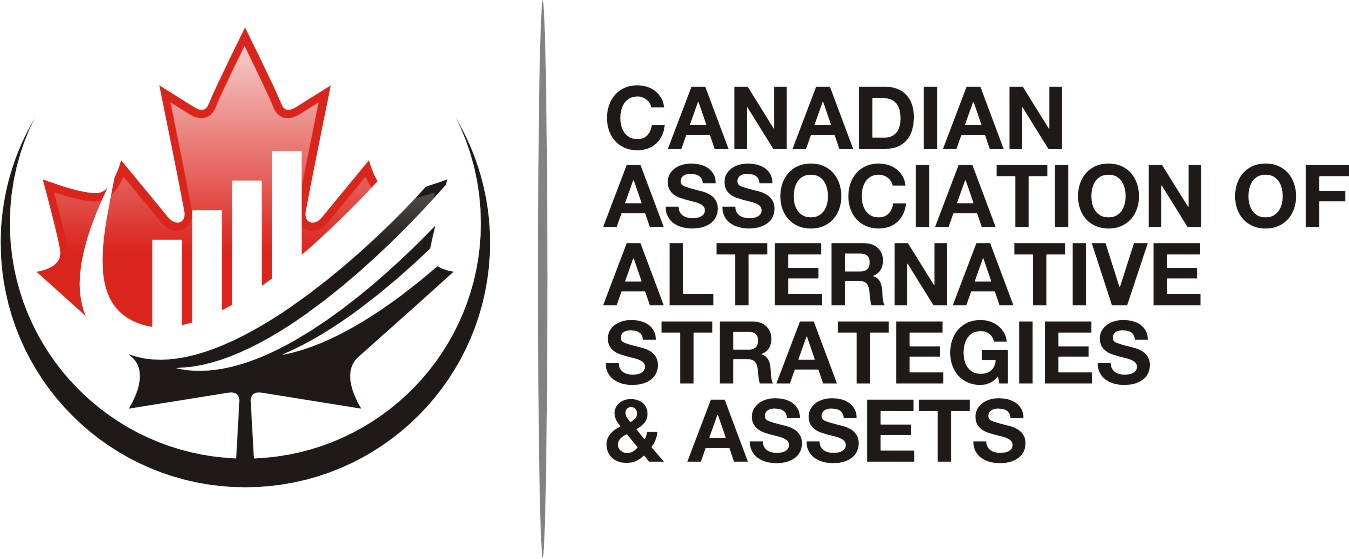
CAASA is Canada’s largest association representing the alternative investment industry in Canada with more than 370 members — including alternative investment managers, pension plans, foundations, endowments, family offices, and service providers. Its membership and activities span all alternatives from hedge funds and venture capital to real estate and cryptocurrencies.
Founded in 2018, CAASA’s mission is to bring Canada to the world and the world to Canada by promoting information sharing, networking, and collaborative initiatives between its members and the industry at large.